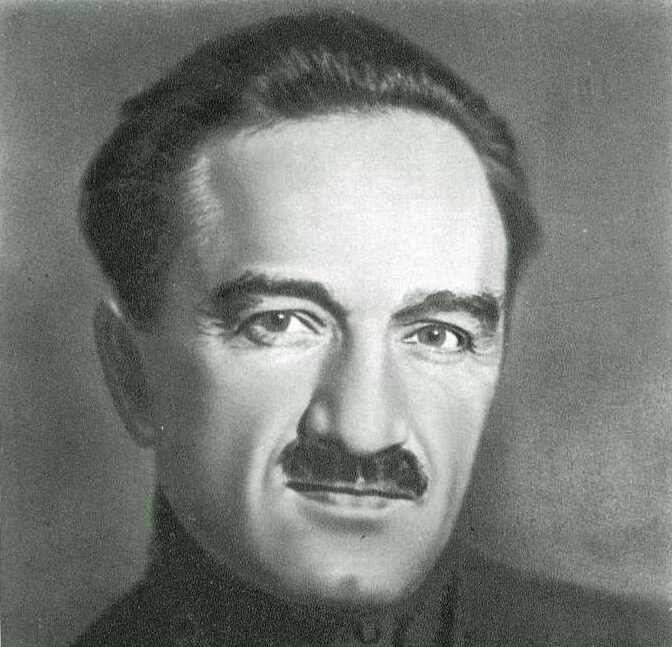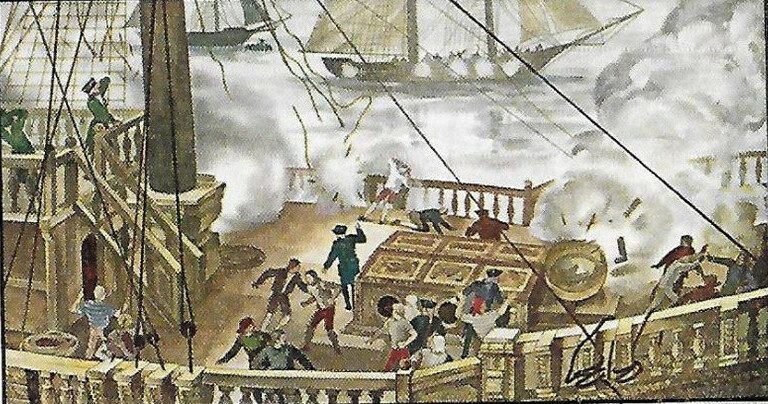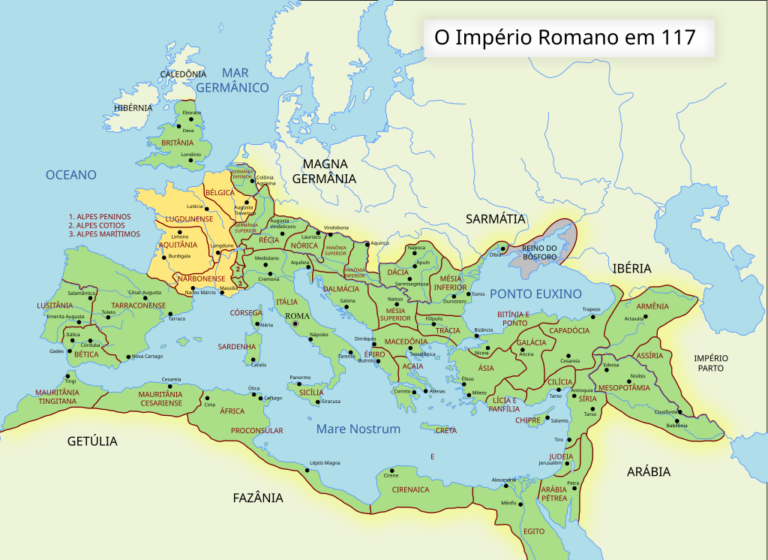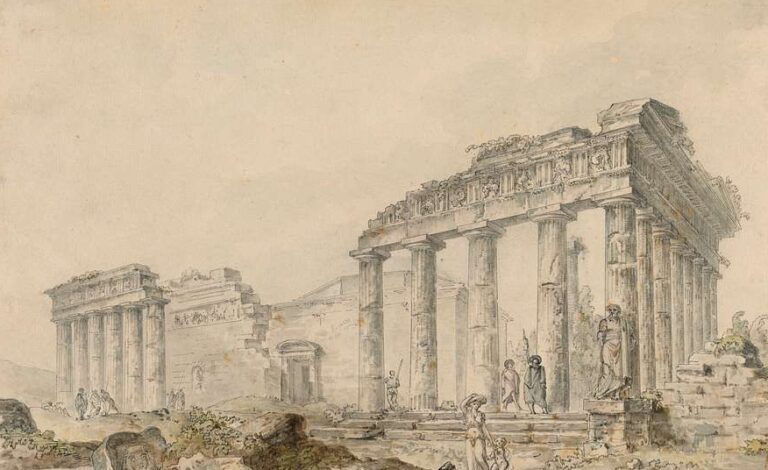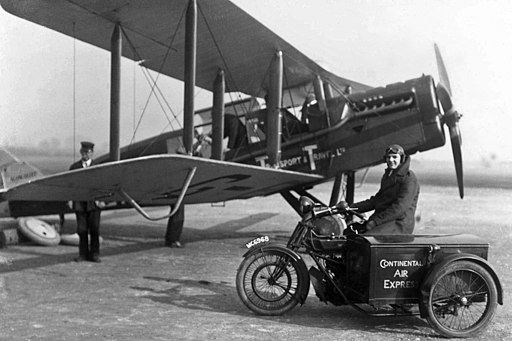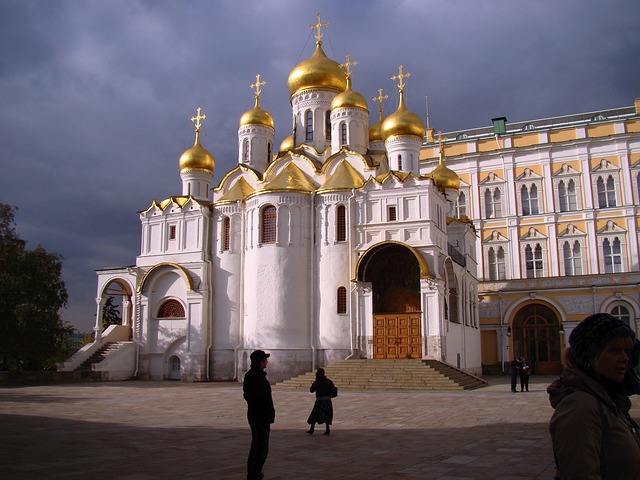
Russia’s history is a rich tapestry of cultural, political, and social evolution, spanning over a millennium.
Kievan Rus (9th–13th Century)
The history of Russia begins with Kievan Rus, a federation of Slavic tribes centered in modern-day Ukraine, Belarus, and Russia. Founded in the 9th century by Norse traders known as the Varangians, Kievan Rus thrived as a trade hub between Europe and Asia. Prince Vladimir the Great’s conversion to Orthodox Christianity in 988 laid the religious foundation for Russian culture.
Mongol Rule and the Rise of Moscow (13th–15th Century)
In the 13th century, Mongol invaders known as the Golden Horde conquered much of Kievan Rus, leading to nearly 250 years of subjugation. During this period, Moscow emerged as a powerful principality under the leadership of figures like Ivan I and Dmitry Donskoy. By the late 15th century, Ivan III (Ivan the Great) ended Mongol dominance, uniting Russian territories and declaring Moscow the “Third Rome.”
The Tsardom and Expansion (16th–17th Century)
Ivan IV (Ivan the Terrible) became the first Tsar of Russia in 1547, marking the transition from a principality to an autocratic state. His reign saw territorial expansion and the establishment of centralized power but was also marked by violence and oppression. The Romanov dynasty began in 1613, stabilizing the nation after the turbulent “Time of Troubles.”
Imperial Russia (18th–19th Century)
Under Peter the Great (1682–1725), Russia modernized and expanded westward, becoming a major European power. Catherine the Great (1762–1796) continued this trend, fostering cultural and economic development. By the 19th century, Russia had become a sprawling empire, though it struggled with internal unrest and calls for reform.
Revolution and the Soviet Era (20th Century)
The Russian Revolution of 1917 brought an end to the Romanov dynasty and established the Bolshevik-led Soviet Union under Vladimir Lenin. The USSR, under leaders like Joseph Stalin, became a global superpower but faced immense challenges, including the Great Purge, World War II, and the Cold War.
Modern Russia (1991–Present)
The Soviet Union dissolved in 1991, giving rise to the Russian Federation. Under leaders like Boris Yeltsin, Vladimir Putin, and Dmitry Medvedev, modern Russia has navigated political and economic transformations while reasserting its influence on the global stage.

